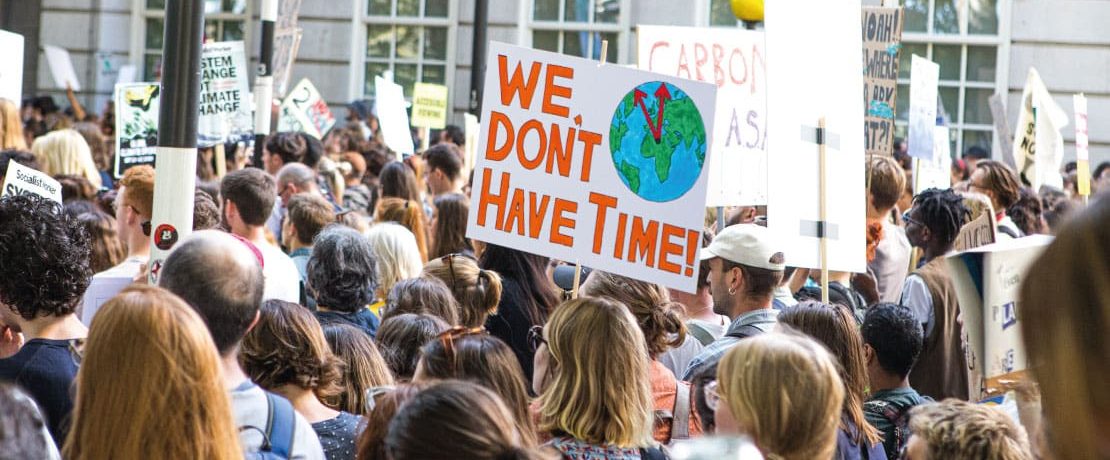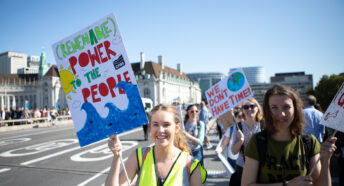Time to tackle climate emergency head on, says CPRE
As the Climate Change Committee sets out new plans to decarbonise the country, CPRE urges the government to act quickly to cut carbon emissions more drastically by 2030.
The CCC plan maps out what is called the Sixth Carbon Budget (for the years 2033-2037) to take the UK to a zero carbon economy. The CCC shows that polluting carbon emissions must fall by almost 80% by 2035, compared with the 1990 levels they measure against.
This is a big change given that 18 months ago this was the UK’s goal for 2050 rather than 2035. But at CPRE we back the CCC scale of ambition. We think the countryside can help resist climate breakdown and changes in how we use land will us closer to a zero carbon economy.
Stopping the climate emergency
In response to the report, Crispin Truman, chief executive of CPRE, said: ‘Stopping the climate emergency runaway train is possible if we use all the solutions at our fingertips right now. Today’s report from the Climate Change Committee (CCC) is absolutely clear – nature-based solutions such as planting trees and restoring peatlands can lower the costs and multiply the returns from cutting carbon emissions. Not only do they hold the key to swifter climate action now, they offer other important benefits including preventing floods, cleaning up our air and water, improving treasured landscapes and inviting wildlife back to our countryside.
‘Thinking has clearly shifted on peatlands: we welcome the strengthened ambition from the CCC and join them in calling for all upland peat to be restored and most lowland peat to be rewetted and sustainably managed by 2050. The upcoming England Tree and Peat Strategies will be key tests of the government’s willingness to act with real ambition.
‘The writing is on the wall for the government. It’s time for ministers to show bold leadership and deliver deeper, faster cuts to our carbon emissions before 2030 with the countryside and nature-based solutions at the fore. It’s time to get back on track to tackle the climate emergency head on.’
The CCC recommends that the large-scale changes to how we heat our homes, move around, generate electricity and produce food need to happen before 2030. This is the decade of action and it’s up to the government to step up and meet this challenge head on.








